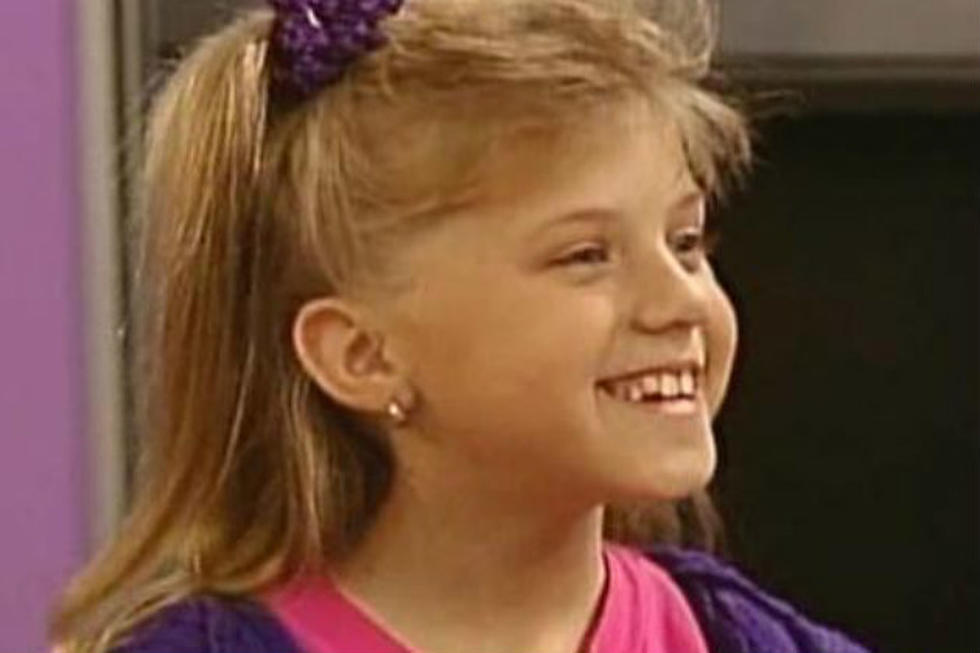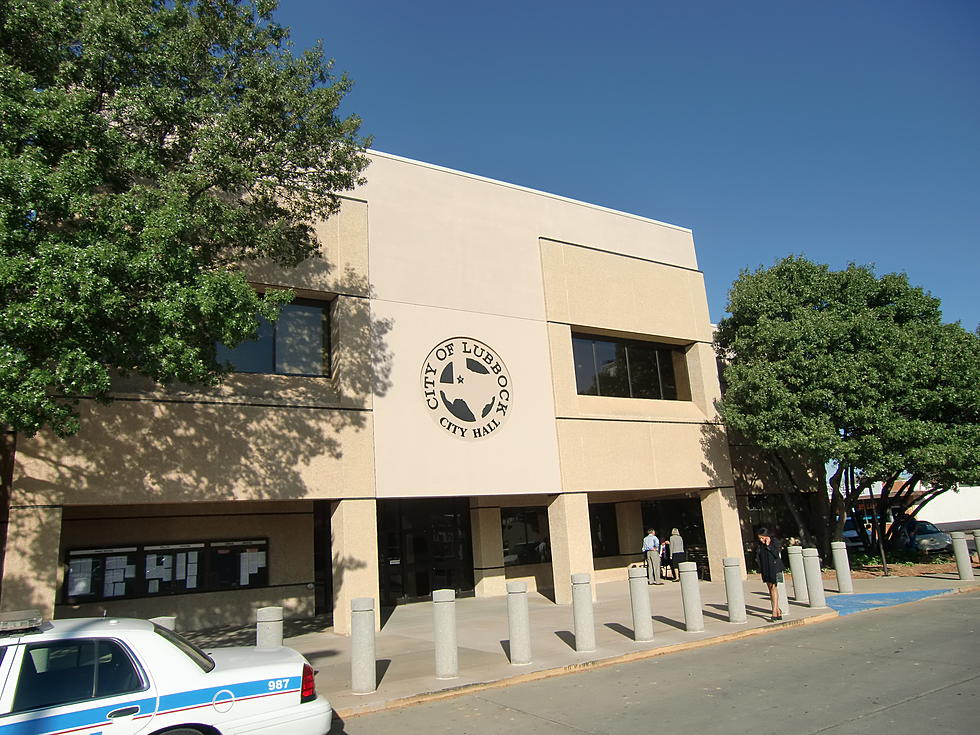
41 Years Ago: Elton John Releases ‘Don’t Shoot Me I’m Only the Piano Player’
Oh, to be Elton John in the early seventies!
Sex, money, cocaine, fame, cocaine, success, sex, adulation, sex, touring, cocaine, hobnobbing, sexy cocaine, cocaine-addled sex...quite the lifestyle.
Through it all, there was the music. It’s an amazing run; 11 albums in 7 years, from 1969 to 1976. All of them reaching the Billboard Top 10, five of them hitting No. 1. Millions upon millions of copies sold. Songs that are still stone-cold classics of classic rock. And 'Don’t Shoot Me I’m Only The Piano Player' dropped on Jan. 26, 1973, in the thick of this remarkable sequence.
It’s almost impossible to identify a style that emerges from most of these albums; in a sense, they sound like one long Elton John album broken out into installments, especially once 1972’s 'Honky Chateau' hits. But there does seem to be a theme emerging here for Elton and his songwriting partner Bernie Taupin. Both of them nurse a growing obsession with the past, an idealized vision of the music and memories of childhood and adolescence. By their next record, 'Goodbye Yellow Brick Road' -- released just ten months (!!!) after 'Don’t Shoot Me' -- this would fully flower into songs that swiped liberally from the pop and rock of the fifties and sixties and idolized everyone from Marilyn Monroe to Roy Rogers.
'Don’t Shoot Me...' has its share of swipes too—the album’s second cut, 'Teacher I Need You,' features an unexpected Phil Spectoresque vocal bed under the chorus, and of course the perennial wedding favorite 'Crocodile Rock' is an homage to every throwaway dance platter that ever spun. There’s muscle here, too, in the Stax-flavored horn arrangements from 'Midnight Creeper' and 'Elderberry Wine.'
The album is anchored by two of Elton’s most underrated ballads. 'Blues for Baby And Me' is a story of two young lovers hitting the road to the west, one of them of course looking back with (here it comes) nostalgia for the trip. Paul Buckmaster’s string arrangement swirls and twists around the melody.
'Don’t Shoot Me' closes with 'High Flying Bird,' which Elton would later claim echoed Van Morrison’s sound. Stately and elegaic, the song brings a record full of stylistic gyrations and aching for the past to an appropriate close.
More From Awesome 98










